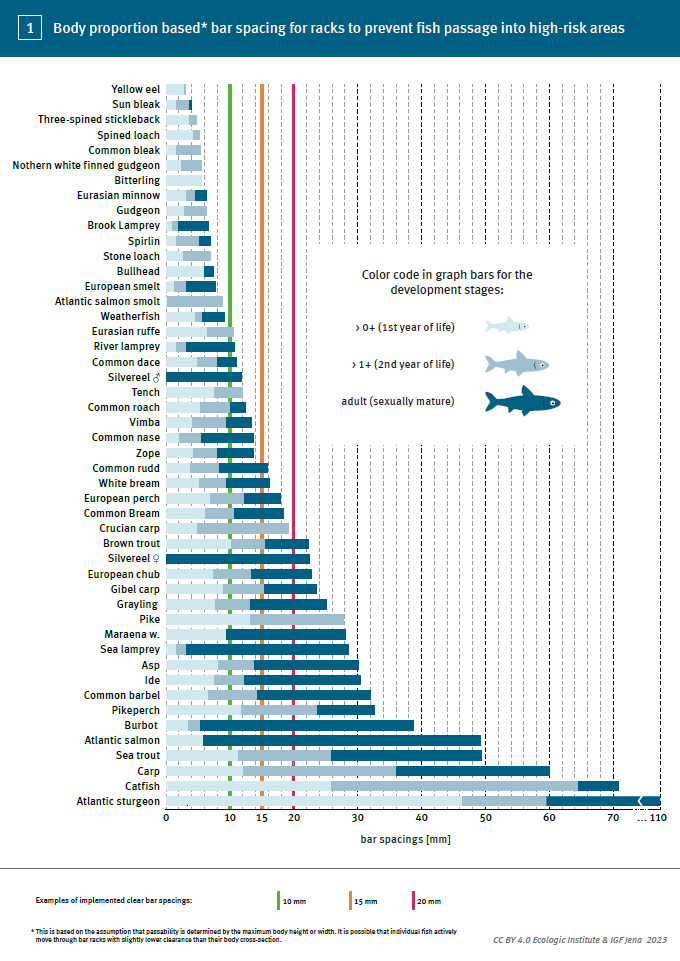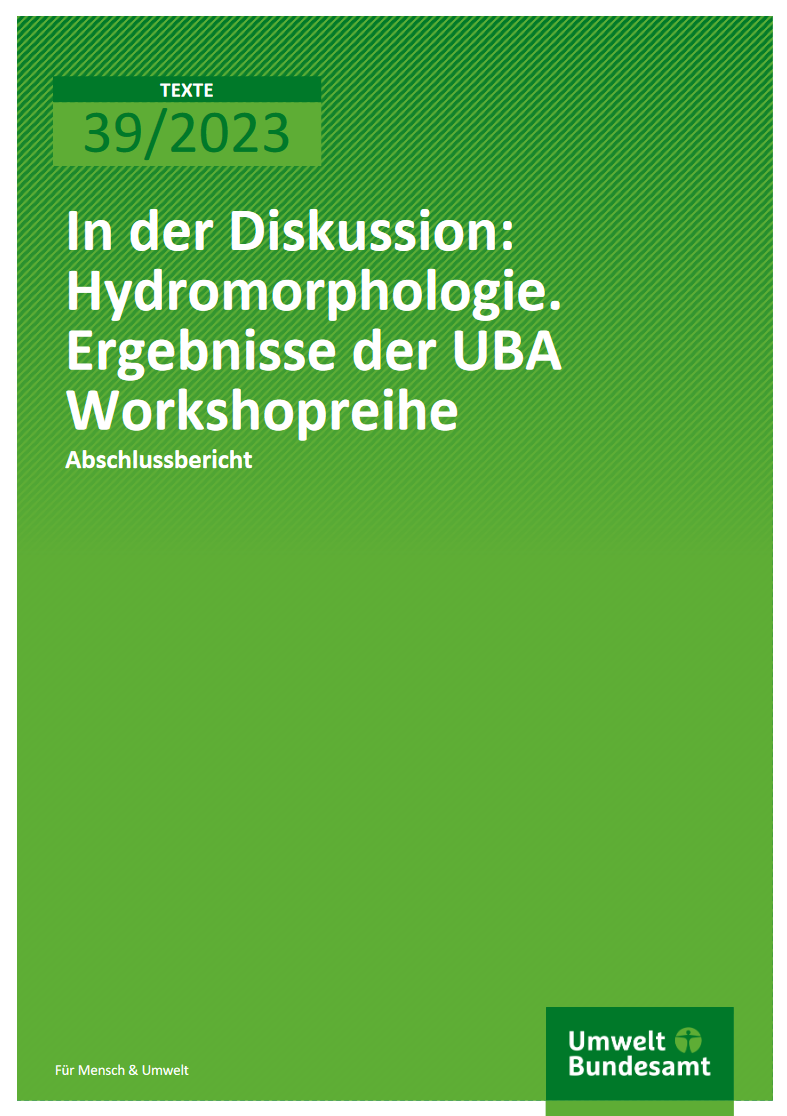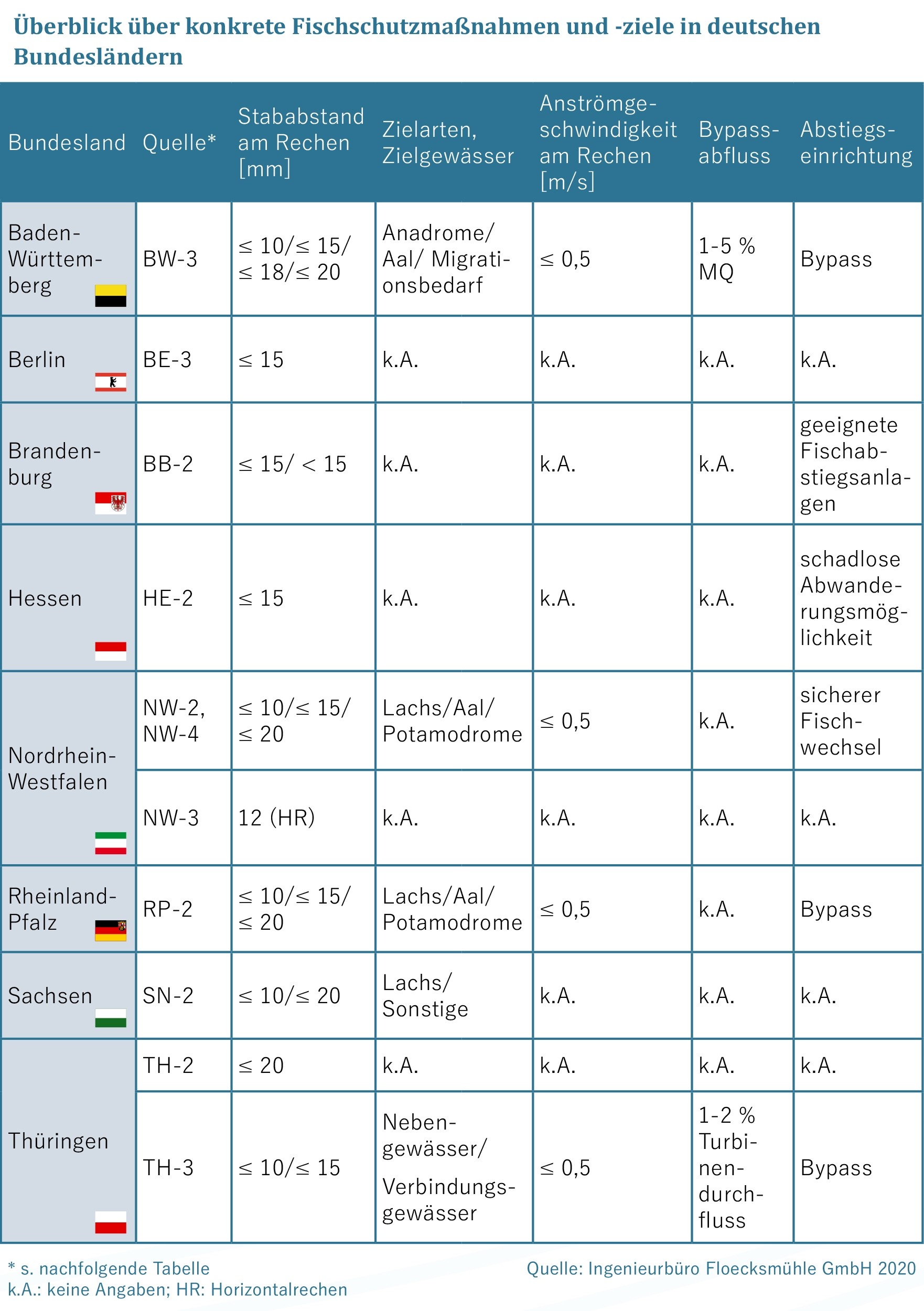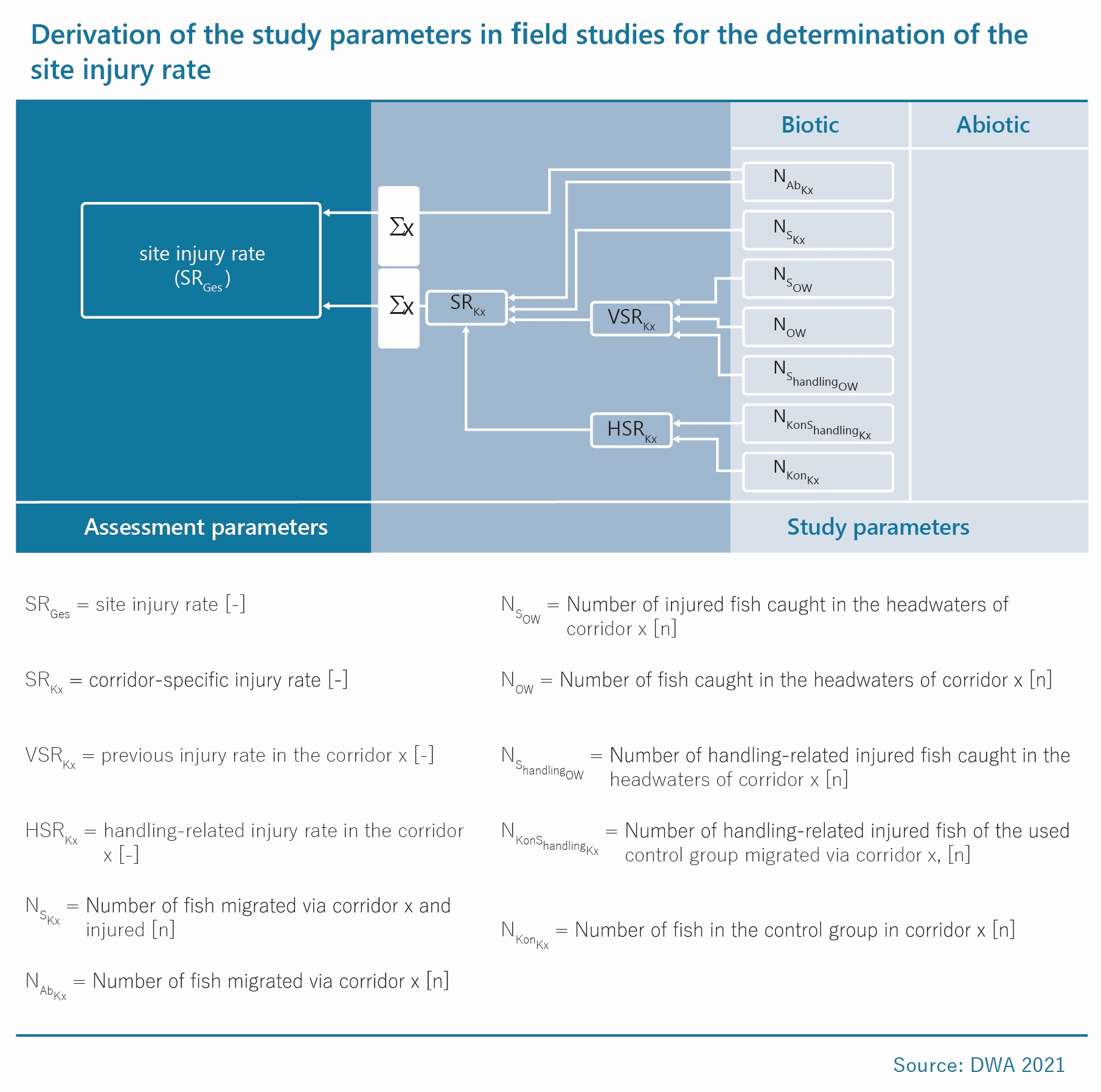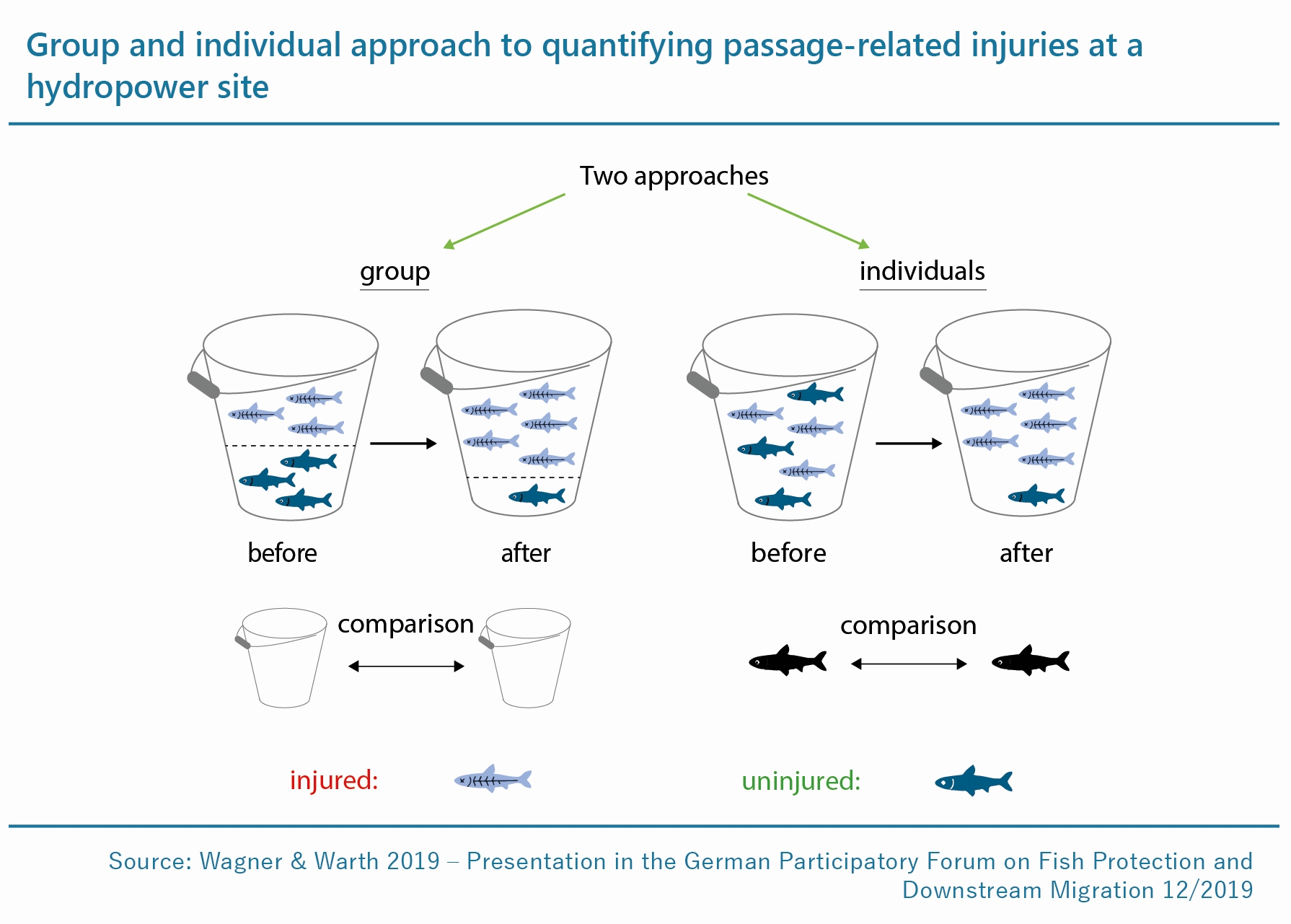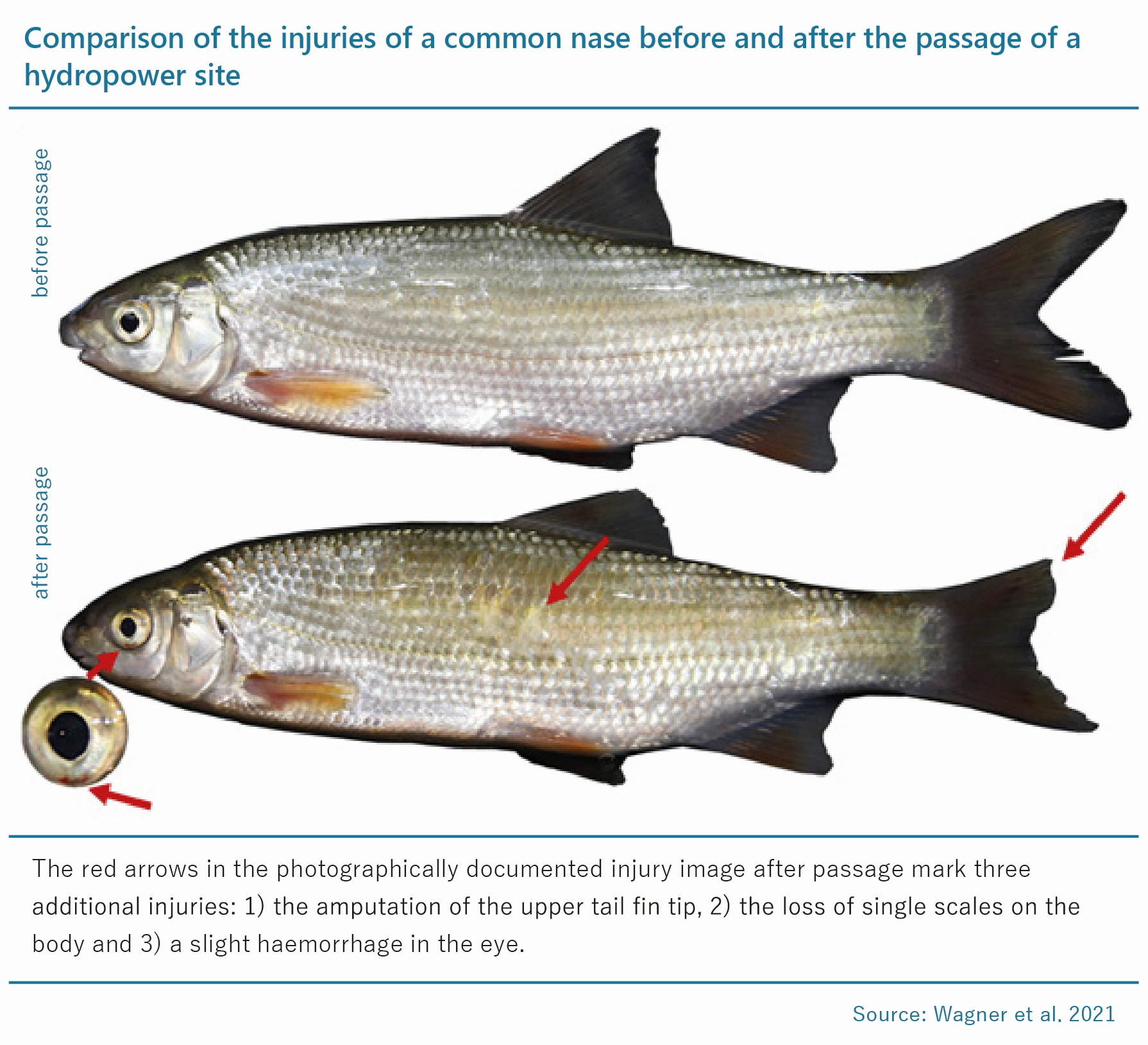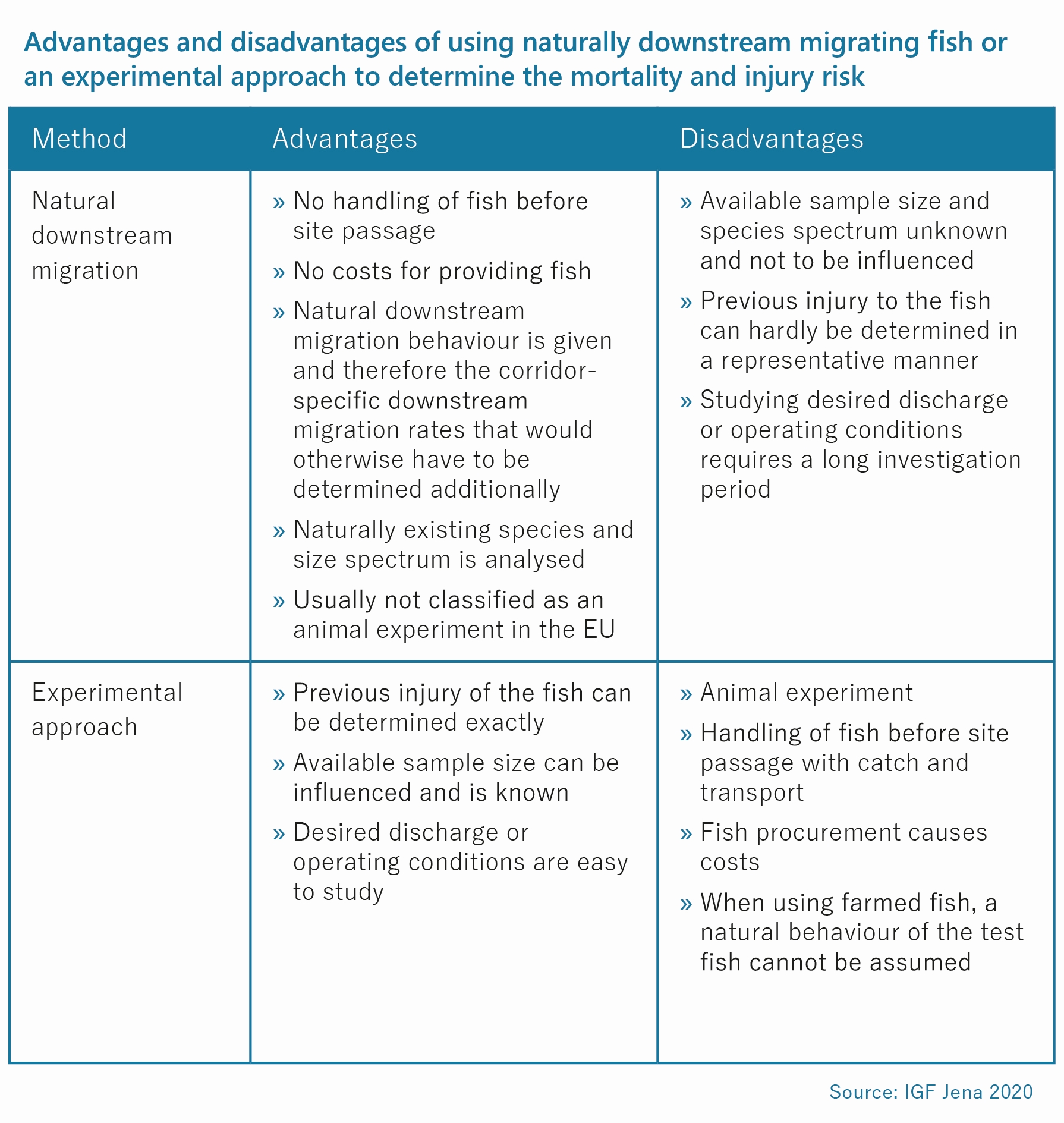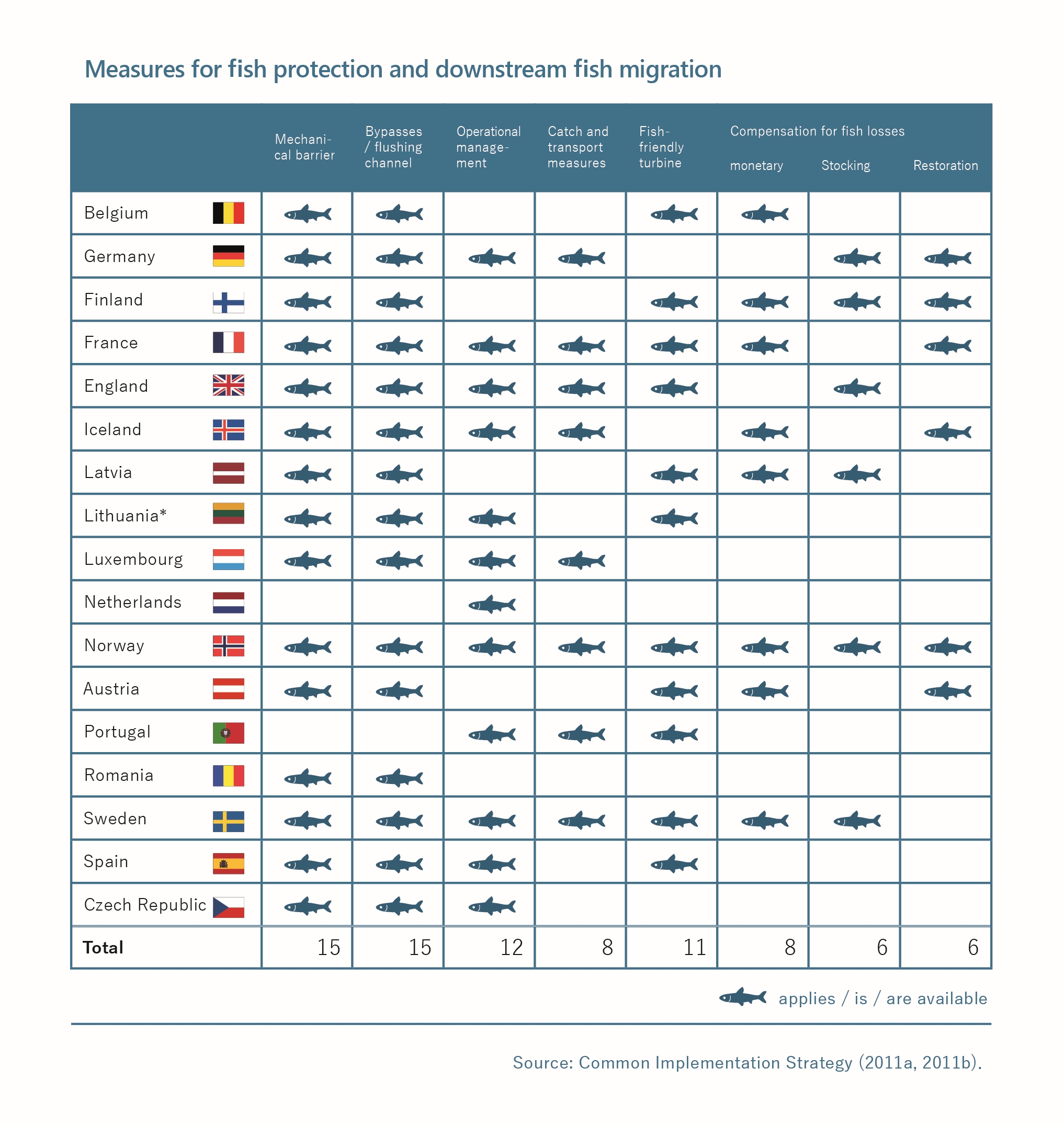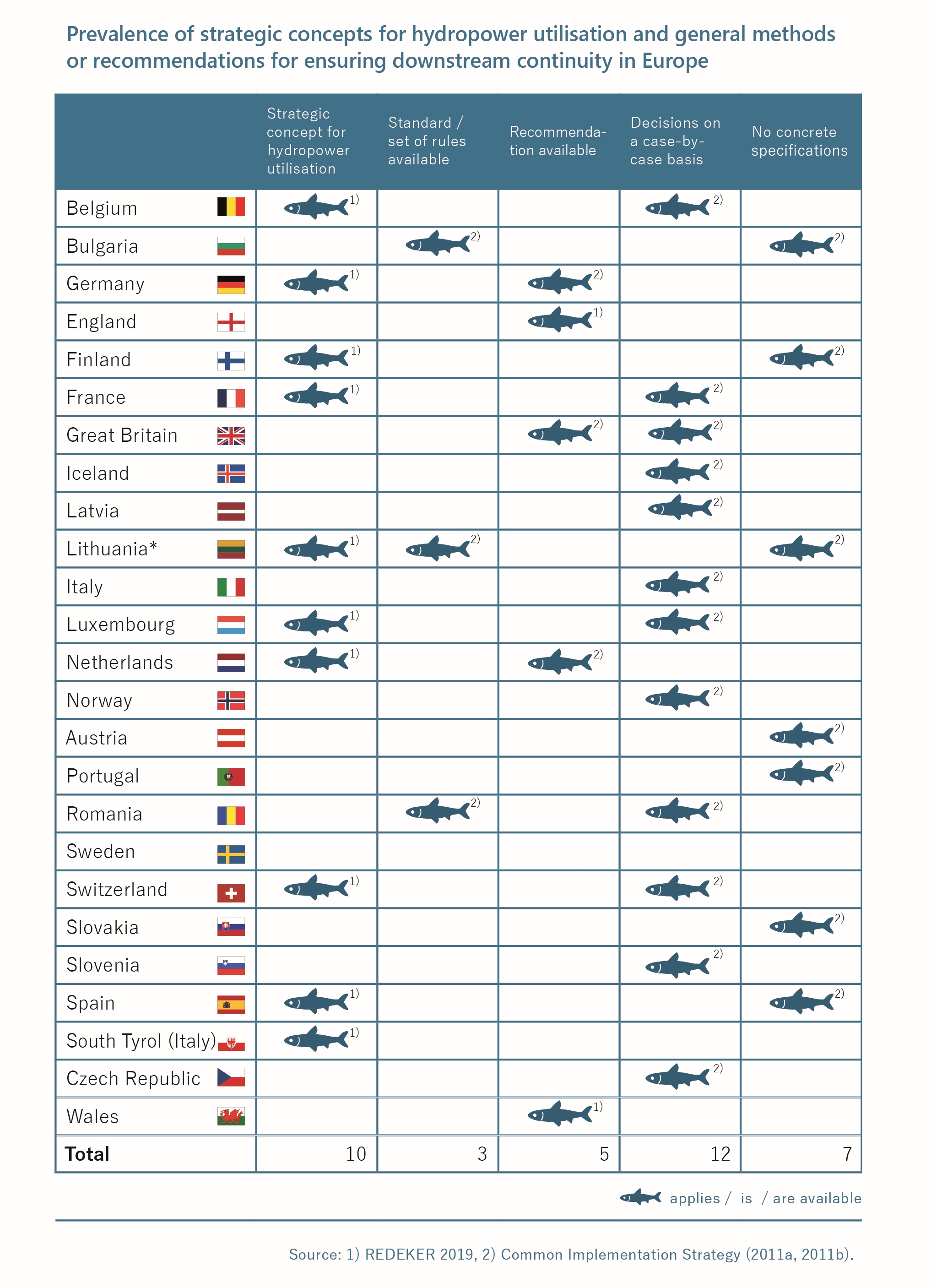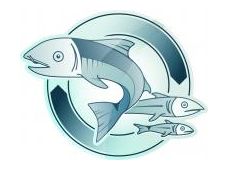This report, which concludes the German Participatory Forum on Fish Protection and Downstream Migration summarizes a selection of key issues from the forum's workshops across six central topics. The focus is primarily on the distinctive consensuses and proposed solutions developed by the Forum and less on the positions of individual actors, which are fully documented in the results papers of the individual events. The statements that were jointly developed and agreed upon during the events are quoted verbatim for the sake of accuracy. For reasons of readability, these statements are not marked as direct citations; they can, however, be reconstructed on the basis of the results papers of the workshops1 and other publications of the Forum.
The issue of fish protection and downstream fish migration is discussed intensively - even controversially - between and within the individual disciplines and areas of competence, both from a technical and an environmental policy perspective. The German Participatory Forum on Fish Protection and Downstream Migration has been dedicated to this discussion since 2012. The fundamental objective of the Forum was to facilitate an open exchange on the various aspects of the topic and to develop a common, nationwide understanding of the requirements and solutions to be taken as a basis for fish protection and downstream fish migration, as well as the preservation and establishment of fish populations according to the current state of knowledge and technology.
The German Participatory Forum on Fish Protection and Downstream Migration was established by the German Federal Environment Agency (Umweltbundesamt, UBA) as part of a research and development project of the Environmental Research Plan of the German Federal Ministry for the Environment, Nature Conservation, Nuclear Safety and Consumer Protection (Bundesministerium für Umwelt, Naturschutz, nukleare Sicherheit und Verbraucherschutz, BMUV). It primarily took the form of expert workshops where coordinated core topics were discussed in depth. Since 2012, more than 300 people from water management and nature conservation at the state and federal levels, the federal waterways administration, the energy industry, hydraulic engineering and fisheries biology, nature conservation, angler and fisheries associations and academia have taken part in the events.
